On this day in 1985, the Parents Music Resource Center (also known as the PMRC) gathered to form what would eventually become the infamous parental advisory label.
Videos by American Songwriter
The group held a meeting at a church in Washington. There, they began to pull in support for the newly envisioned ratings system. Specifically, that rating system would be applied to music albums, songs, and concerts similarly to how films and television shows were rated at the time. The goal was to keep “offensive” album covers out of the view of children. The goal was to also help parents determine if the lyrics within certain albums contained “offensive” verbiage.
It ended up coming to fruition in the summer of 1990. And when the idea was first pitched in 1958, quite a few musicians were angry about the decision.
How the Wives of Politicians Influenced the Birth of the Parental Advisory Label (And Why Some Artists Were Not Happy About It)
The movement to make the parental advisory label a reality was spearheaded by Tipper Gore, wife of then-Senator Al Gore. During the heated meeting, Gore spoke about how she was shocked to hear her 11-year-old daughter listening to the explicit Prince tune, “Darling Nikki”.
Other “Washington Wives” said their peace as well. Susan Baker, the wife of Treasury Secretary James Baker, was outraged when her 7-year-old daughter asked her what the word “virgin” meant after listening to Madonna’s “Like A Virgin”. Other politically affiliated women also got involved in the movement. Pam Howar, specifically, was married to a powerful construction company figure named Raymond Howar. She famously said that she was worried that music was making her daughter look more “punk.”
The National Parent Teacher Association also got involved. Thousands of letters were sent to politicians, sourced from the Christmas card list of those “Washington Wives”. They famously described songs like “Eat Me Alive” by Judas Priest and “Darling Nikki” as “p*rn rock.”
The meeting held on this day pulled in about 400 attendees. Many offered support for the movement.
But some famous faces did not, in fact, offer support. After more political wives were added to the board, they had enough power to force a Senate hearing on the issue in September of 1985. Musicians like Dee Snider (of Twisted Sister), Frank Zappa, and even John Denver testified against the censorship of music.
The Recording Industry Association of America (RIAA) would eventually give in to the PMRC’s demands and start using warning labels for albums. In the summer of 1990, the sticker would specifically read “Parental Advisory: Explicit Lyrics.” The stickers no longer exist today, but songs are still labelled as “explicit” on streaming platforms.
Photo by Wally McNamee/CORBIS/Corbis via Getty Images
When you purchase through links on our site, we may earn an affiliate commission.


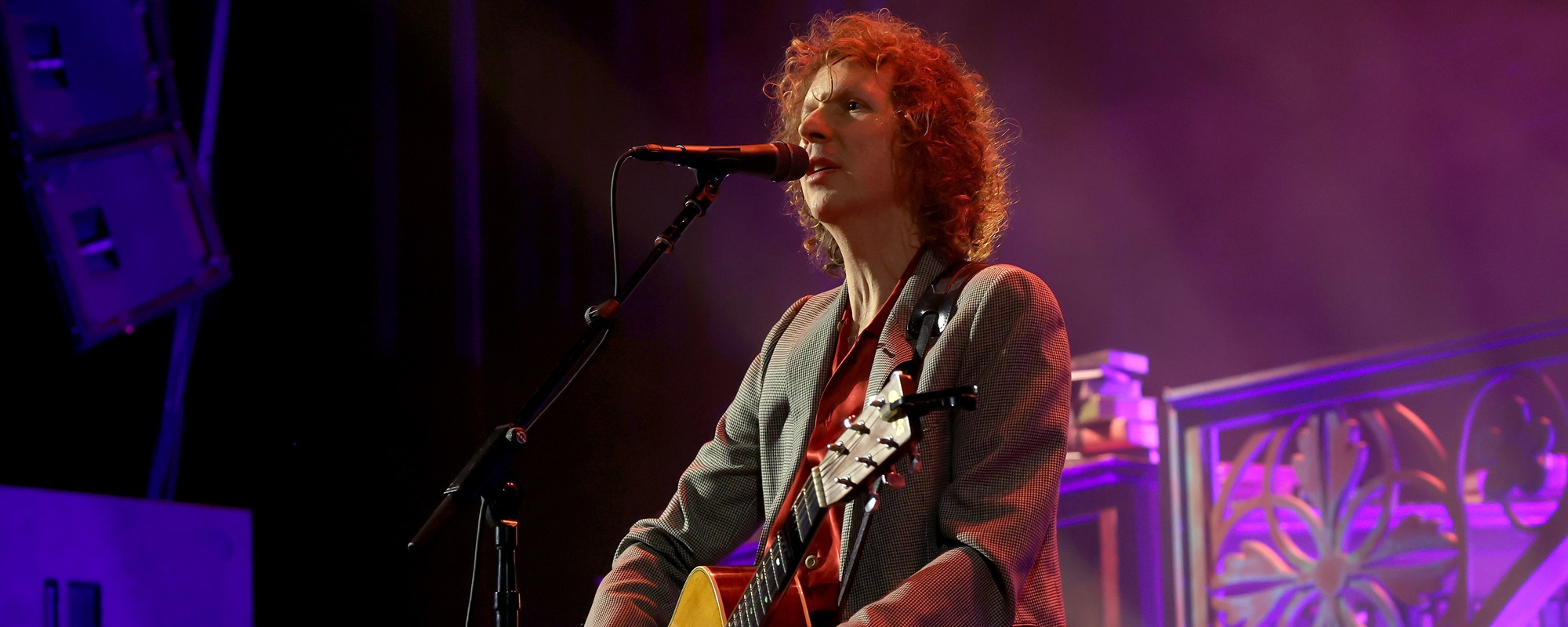
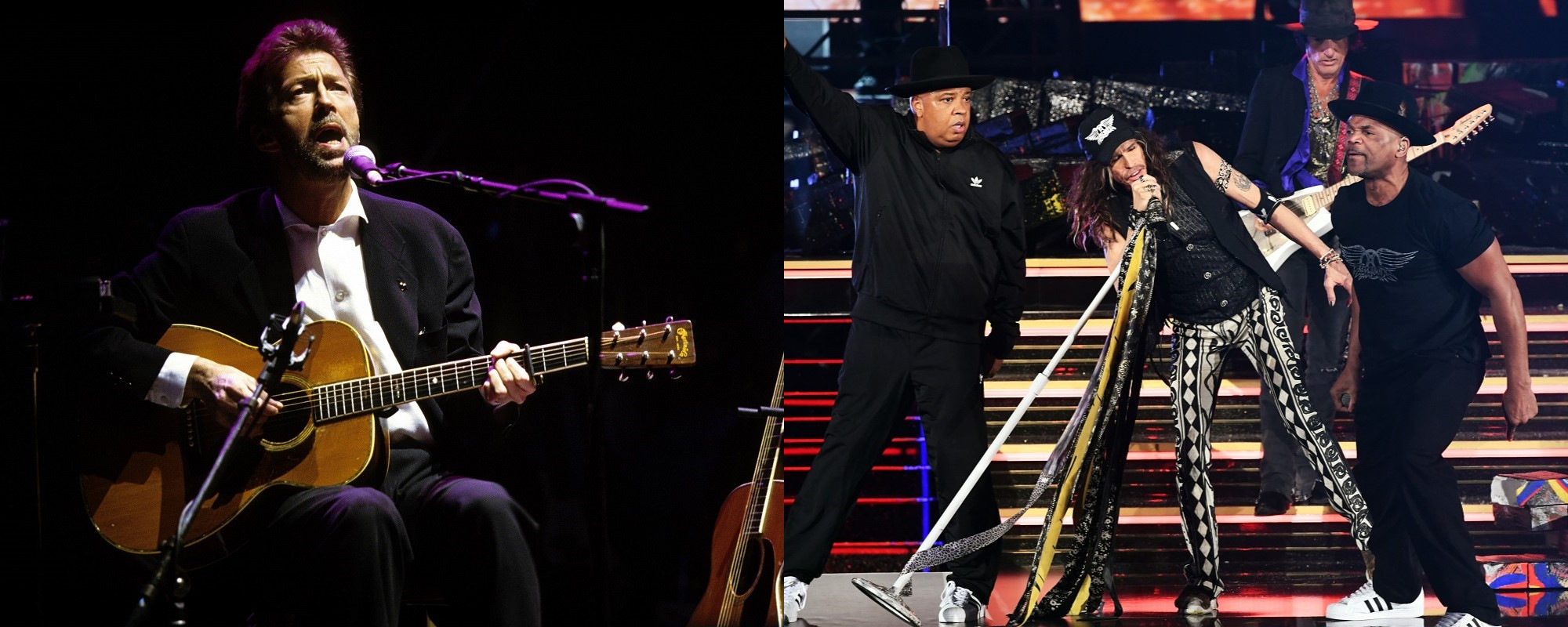
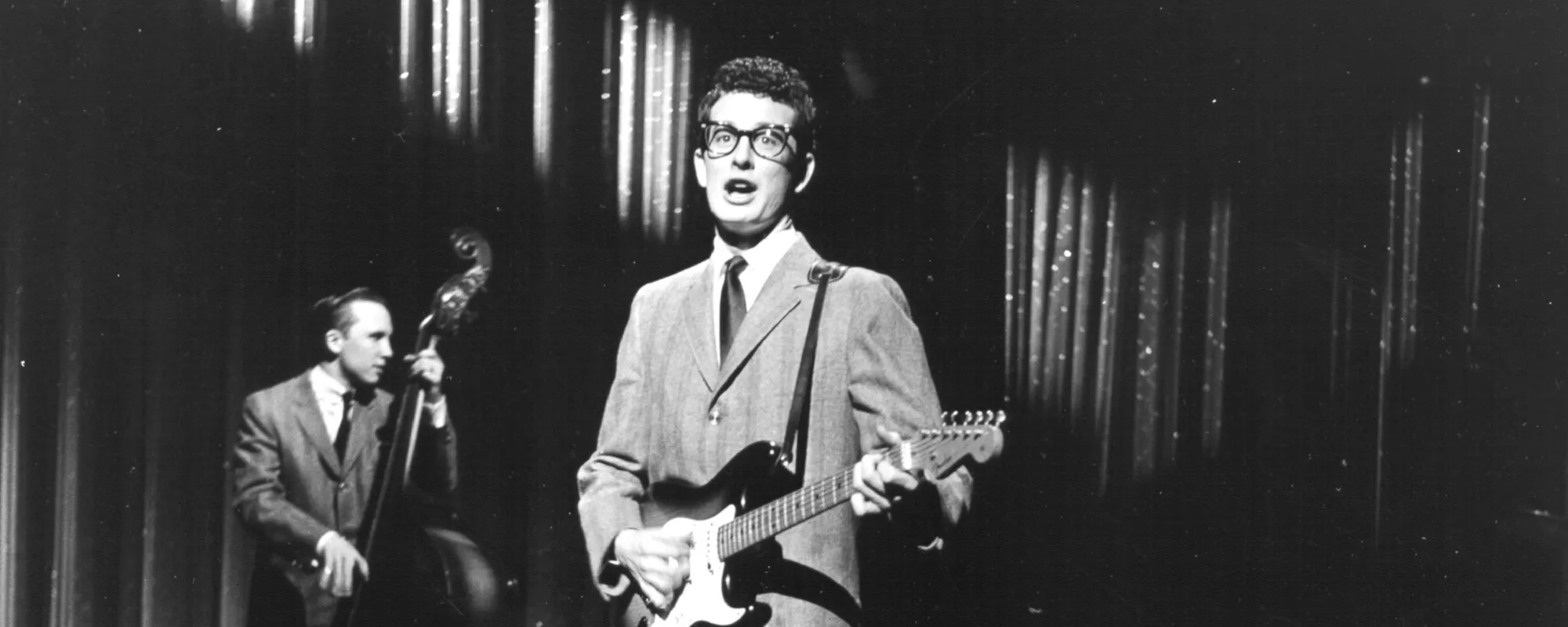
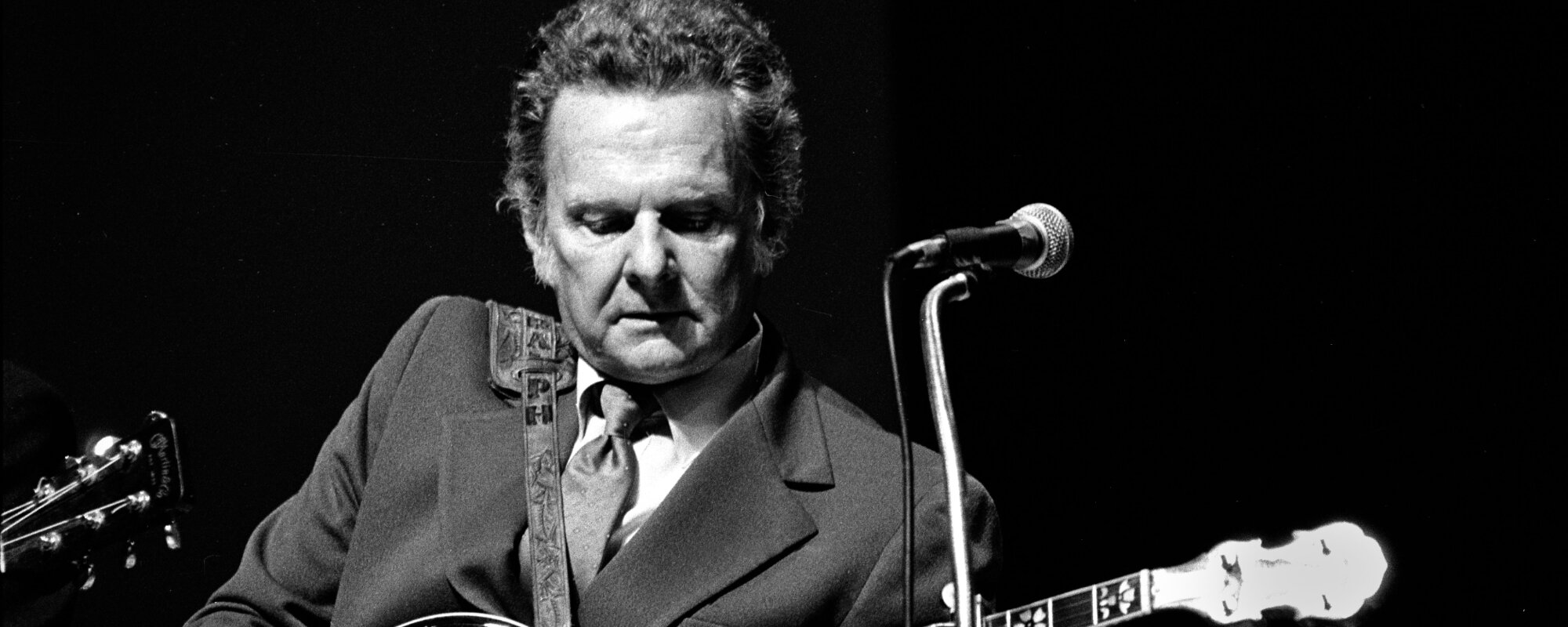





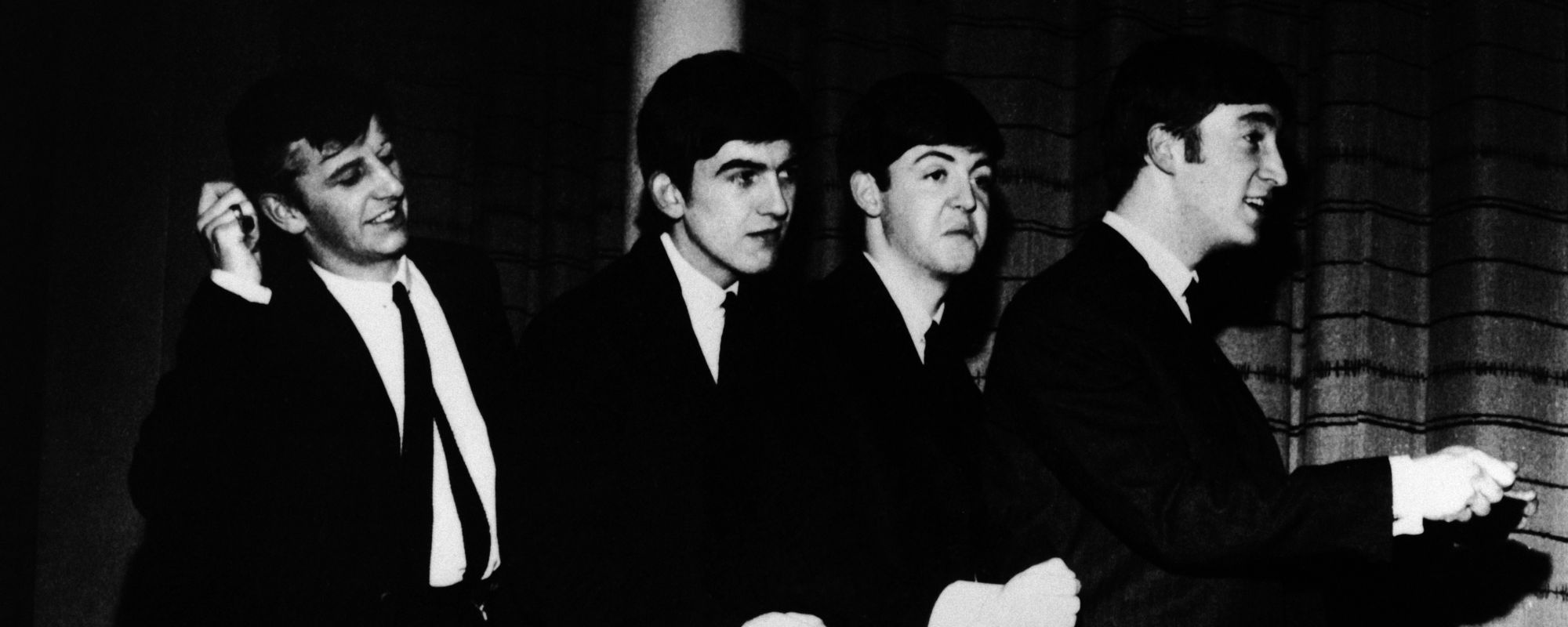
Leave a Reply
Only members can comment. Become a member. Already a member? Log in.